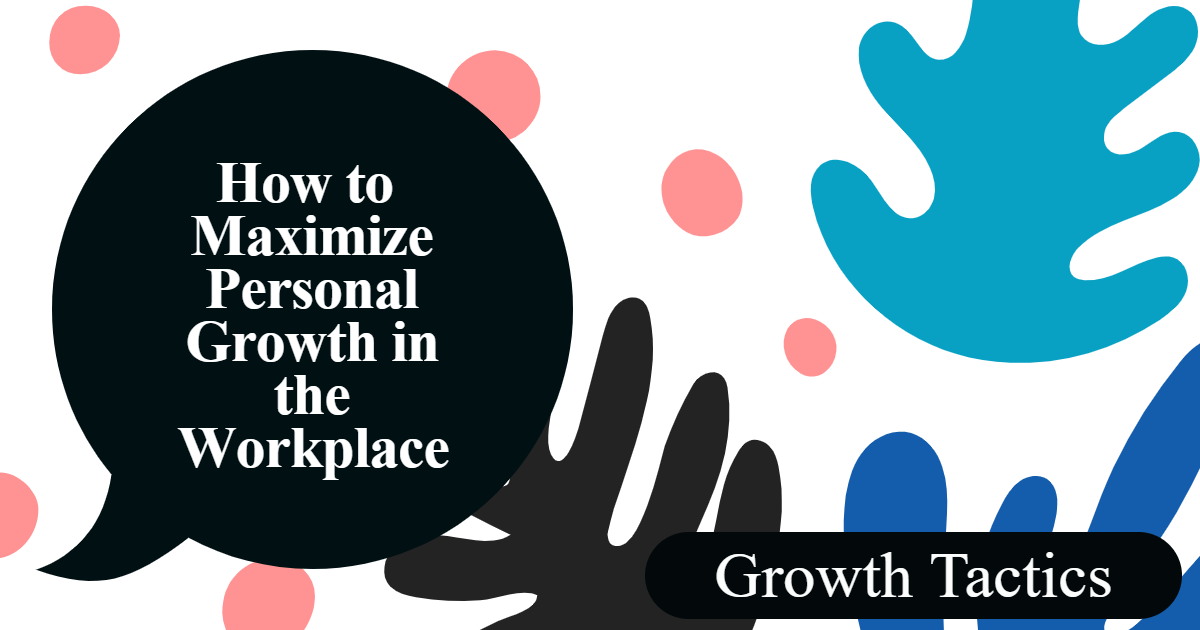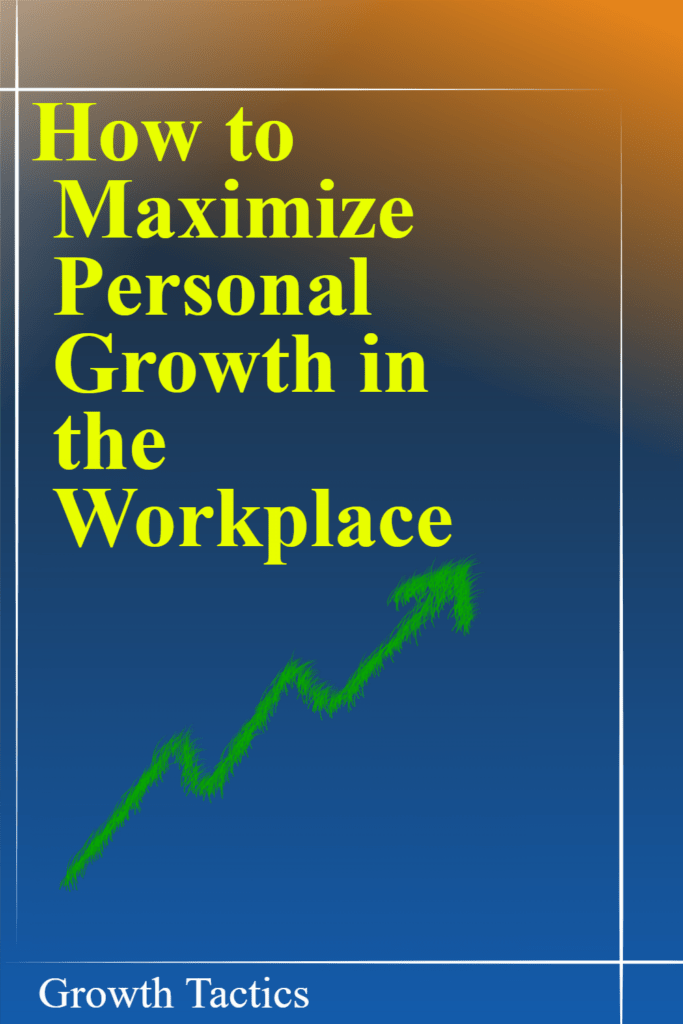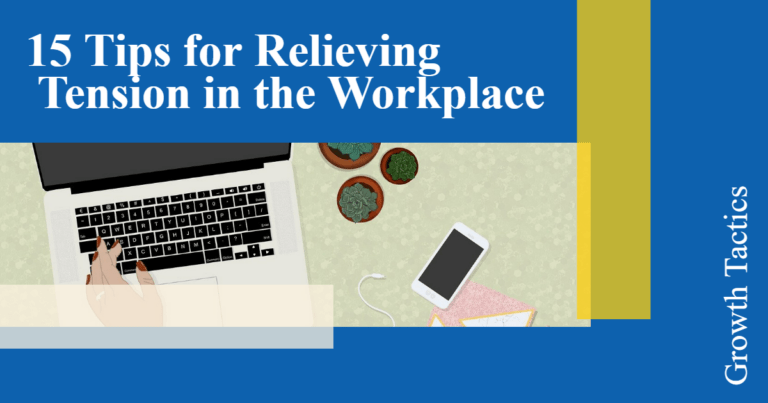Personal growth in the workplace provides tremendous benefits for both employees and organizations. Focusing on continuous improvement and development can lead to greater job satisfaction, productivity, innovation, and success.
Personal growth gives a sense of purpose and fuels professional goals for employees. Developing new skills and abilities allows you to take on more responsibility, advance your career, and reach your full potential. It also boosts confidence to take on new challenges. The workplace is ideal for identifying strengths, overcoming weaknesses, and expanding your skill set.
Organizations that promote growth and learning tend to have more engaged, motivated employees. Supporting professional development leads to higher retention rates and a more positive work culture. It’s a win-win situation when companies invest in their people and provide opportunities to nurture talent from within. The workplace is enriched when individuals are reaching new heights.
Personal growth is a journey of self-discovery and actualization. This article will explore strategies and resources for personal growth in the workplace. Making progress each day towards becoming your best self, pays off exponentially for your career and life.
Jump To Section
Set Meaningful Personal Development Goals

Setting meaningful personal development goals is crucial for growth in the workplace. Goals should be Specific, Measurable, Achievable, Relevant, and Time-bound (SMART). Clearly defined goals make creating a plan and measuring your progress easier.
When setting development goals, ensure they align with your values, interests, and career aspirations. Ask yourself – what skills do I need to develop to advance in my role or reach the next level in my career? What knowledge areas do I need to strengthen? Setting goals that align with your broader professional objectives will provide a sense of purpose and motivation.
Look at your current role and identify the core competencies needed to excel. Then set 1-2 development goals that will help you gain expertise. For example, if public speaking is critical in your job, set a goal to take a presentation skills course. Or if you want to move into management, make a goal around improving leadership abilities.
Setting meaningful goals requires self-reflection on your strengths, weaknesses, and passions. Avoid vague objectives and get specific on the skills you want to build. With clear personal development goals tied to career aspirations, you’ll stay focused and energized to achieve them.
Identify Areas for Growth and Improvement
To maximize your personal growth, it’s important to identify areas where you want to improve. Take time for honest self-reflection on your skills, knowledge, and behaviors. What are your strengths that you can build on? What are areas that need development? Be open to feedback from managers, mentors, or trusted colleagues.
Look at your current role, responsibilities, and career goals. Consider skills like communication, teamwork, time management, and problem-solving. Reflect on technical abilities and industry knowledge needed to advance. Examine soft skills like emotional intelligence, empathy, and adaptability. Also personal qualities like confidence, positivity, and motivation.
List all the areas where growth and learning will help you succeed. Prioritize the ones most critical to your goals. For example, if public speaking makes you nervous, work on improving your presentation skills. If you want to manage projects someday, work on organizational abilities. Outline the specific skills, knowledge, and behaviors you want to develop. This self-awareness is the first step toward purposeful personal growth.
Create a Personal Development Plan

A personal development plan provides structure and helps you set clear, measurable goals. Start by prioritizing the areas you want to focus on. Consider both your professional aspirations and personal interests. Then make an actionable plan with specific steps to achieve each goal.
- Set SMART goals that are Specific, Measurable, Achievable, Relevant, and Time-bound. This keeps you focused and helps track progress.
- Create a realistic timeline for accomplishing each goal. Set milestones and deadlines to keep yourself accountable.
- Identify resources and support needed to achieve your goals. This may include training, mentoring, new skills, or financial investment. Know what’s required for success.
- Schedule regular check-ins and reviews of your plan. Evaluate your progress and adjust timelines or goals as needed. Celebrate milestones to stay motivated.
Having a thoughtful personal development plan empowers you to shape your growth. It provides direction and helps maximize your potential at work. With a clear roadmap to get you where you want to go, you can pursue meaningful change and continuous improvement.
Develop Skills Through Learning and Training
One of the most effective ways to drive personal growth in the workplace is through learning and training. This can involve both formal and informal development opportunities.
Formal training programs offered through your employer are a great way to build new skills and knowledge. Look for workshops, seminars, courses, and certifications in areas relevant to your role and goals. For example, you could take a communication skills course to become a more confident presenter or get certified in new software to expand your capabilities.
Reading books and taking online courses are other easy ways to pick up valuable skills and information. There are endless affordable e-learning platforms available, like Coursera, LinkedIn Learning, Udemy, edX, and more. You can find courses on topics ranging from management and leadership, to design, programming, and beyond.
Consider getting certified in your field or industry to showcase your specialized expertise. Professional certifications also look great on your resume. They demonstrate your commitment to continuous learning and expanding your skillset.
The knowledge and qualifications gained through training and certifications can open up new career advancement and growth opportunities. Dedicate time for learning by setting aside a few hours each week or month. Treat your development as an investment in your future success.
Improve Productivity and Time Management

Improving your productivity and time management skills is essential to maximize personal growth at work. This involves setting schedules, minimizing distractions, and effectively managing your energy.
Set aside time each week to plan and prioritize your tasks and projects. Identify what’s most important to accomplish and what can wait. Break large projects down into smaller, manageable tasks.
Schedule time for deep work when you need intense focus and concentration. Turn off notifications and close unneeded browser tabs to minimize distractions during these productive periods. Take regular breaks to recharge.
Be diligent about managing your energy. Do demanding cognitive tasks when your energy levels are highest. Schedule meetings and collaborative work during periods when your energy may be lower.
Limit multitasking, as shifting between tasks reduces productivity. Batch similar tasks together. Create routines around common tasks to maximize efficiency.
Say no to nonessential meetings and obligations. Protect time for your most important work. Delegate tasks whenever possible.
With strong productivity habits, you’ll get more done in less time. This creates space for learning and growth activities during the workday. Focused time management leads to greater career success.
Practice Self-Reflection and Self-Care
Self-reflection is crucial to personal growth as it helps you become more self-aware. Set aside time each week to reflect on your thoughts, emotions, experiences, strengths, and weaknesses. Journaling is an excellent tool for self-reflection as it allows you to process feelings, gain clarity, and track growth over time. Make journaling a regular habit by writing for 10-15 minutes daily.
Mindfulness practices like meditation and breathing exercises are also beneficial for self-reflection. Find brief guided meditations you can do at your desk or take short mindful breaks when you notice tension arising. Being present, slowing down, and focusing inward will provide insight and renew your sense of purpose.
Lastly, ensure you get sufficient rest outside of work. Personal growth requires energy so aim for 7-9 hours of sleep per night. Disconnect from technology 30-60 minutes before bed to quiet your mind. Getting adequate rest will help you be more focused, productive, and engaged during work hours.
Strengthen Workplace Relationships
Positive relationships are key to personal growth and success at work. Make an effort to build strong connections with colleagues by networking, finding a mentor, collaborating, and developing emotional intelligence skills.
Networking within your organization can help you gain exposure to new people and opportunities. Attend social events, meetings, and training sessions to meet coworkers from different departments. Building these connections can lead to friendships, advice, job openings, projects, and more.
Mentorship provides guidance from someone with more experience. Seek out a mentor who can coach you, share insights, and help you develop professionally. Offer to mentor newer employees in return. Mentoring relationships stimulate growth for both people.
Collaboration on projects allows you to practice teamwork. Volunteer for cross-functional initiatives and committees. Be a reliable partner who communicates, meets deadlines, and supports teammates. These experiences help improve interpersonal abilities.
Working on emotional intelligence makes relationships easier. Recognize your own emotions and triggers. Show empathy for others’ perspectives and feelings. Cultivate patience, kindness, and respect. These “soft skills” enable smoother interactions.
Get Support and Encouragement

Getting support from your manager, colleagues, and employee development programs can further boost your personal growth.
Your manager can guide you in setting achievable goals aligned with your role. Schedule regular one-on-one meetings to discuss your progress and any roadblocks. A supportive manager will point you toward learning opportunities and offer constructive feedback to help you improve.
Turn to colleagues for mentorship, advice, and collaboration. Working with others gives you fresh perspectives and helps build workplace relationships. Consider joining or forming an employee resource group focused on growth and development.
Take advantage of formal development programs offered by your employer. Look into coaching, mentorship initiatives, skills training, and other resources. These programs show your company’s commitment to employee growth.
The right support system propels your self-improvement. But ultimately, the drive has to come from within you. View support as a tool to amplify your efforts.
Conclusion: Reap the Benefits of Personal Growth
Personal growth in the workplace is essential for employee development, but more importantly, it provides numerous benefits for both the individual and the organization. Employees can maximize their potential and performance by setting clear goals, creating a development plan, learning new skills, and focusing on self-improvement.
The personal and professional growth coming from focusing on development provides a sense of purpose and fulfillment. Employees gain confidence in their abilities and are motivated to continue growing. They can build stronger relationships and have improved job satisfaction. Their improved skills and productivity also have a positive impact on the workplace.
Overall, personal development should be an ongoing focus for every employee. While it requires self-reflection, goal-setting, and conscious effort, the outcome is incredibly rewarding. Employees prioritizing growth and learning find greater meaning and success in their careers. The workplace is an ideal environment to maximize personal growth and reap the many benefits that come with it.








